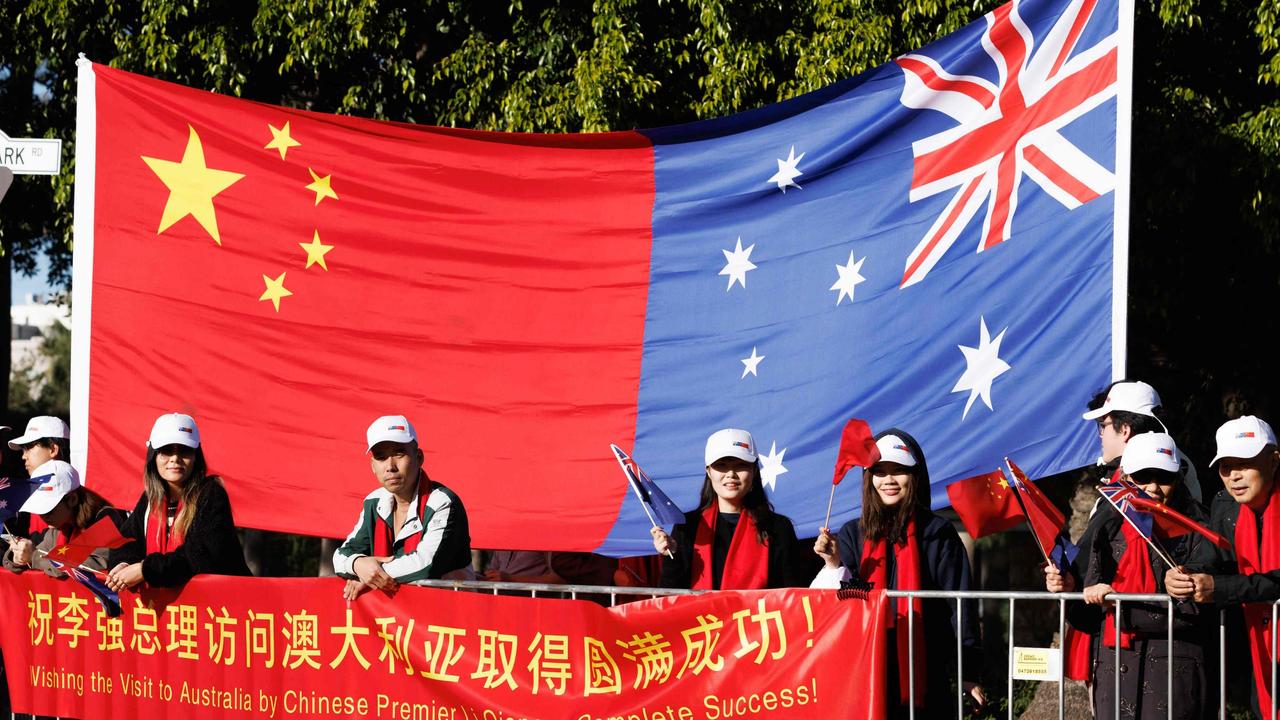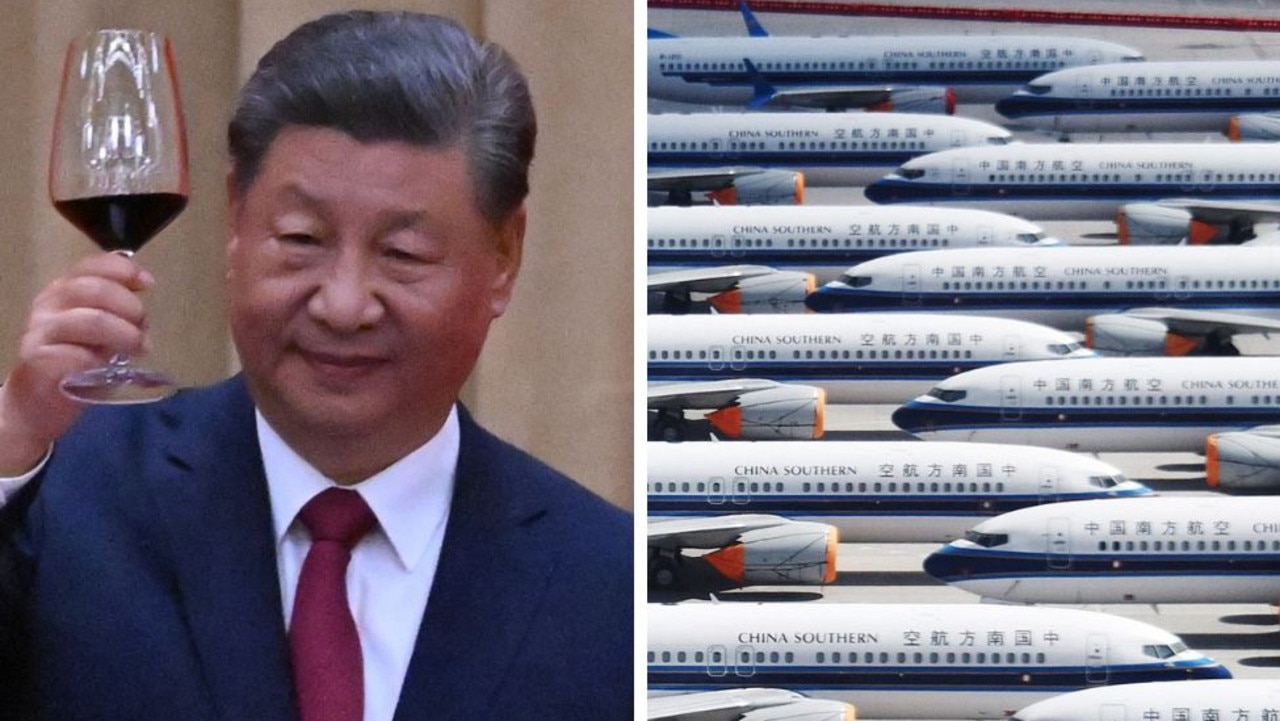‘Red line’: China issues new warning to US
China has again warned the United States not to cross its “red lines” regarding Taiwan, amid rising tensions in the Asia-Pacific region.

China has again warned the United States not to cross its “red lines” regarding Taiwan, amid rising tensions in the Asia-Pacific region.
In a phone call on Thursday with US Secretary of State Antony Blinken, Chinese Foreign Minister Wang Yi said Washington must stop its “old routine of unilateral bullying” and recognise Beijing’s legitimate concerns, according to reports.
He warned that the US must not try to challenge China’s red lines using “salami slicing” tactics, referring to what Beijing perceives as the US slowly chipping away at its interests with a series of small actions intended to avoid a larger response.
Mr Wang was reiterating the message from Chinese President Xi Jinping to US President Joe Biden at the G20 summit in Bali last month, where the two leaders discussed a number of issues including Taiwan at their first in-person meeting since 2017.
During the three-hour talk, Mr Xi warned Mr Biden that Taiwan was the “first red line” that “must not be crossed”.
China views the island nation of 24 million as its territory to be retaken by force if necessary. The US, while formally adhering to the “One China” position, has long maintained a decisive, if delicate, role in supporting Taiwan.
Beijing has ramped up its military activity around the island in recent years, while accusing the US of inflaming the situation.
“We hope and have always striven for maintaining peace and stability in the Taiwan Strait, but ‘Taiwan independence’ is as incompatible to peace and stability in the Taiwan Strait as fire and water,” Mr Xi told Mr Biden during their meeting, according to the Chinese readout of the talks.
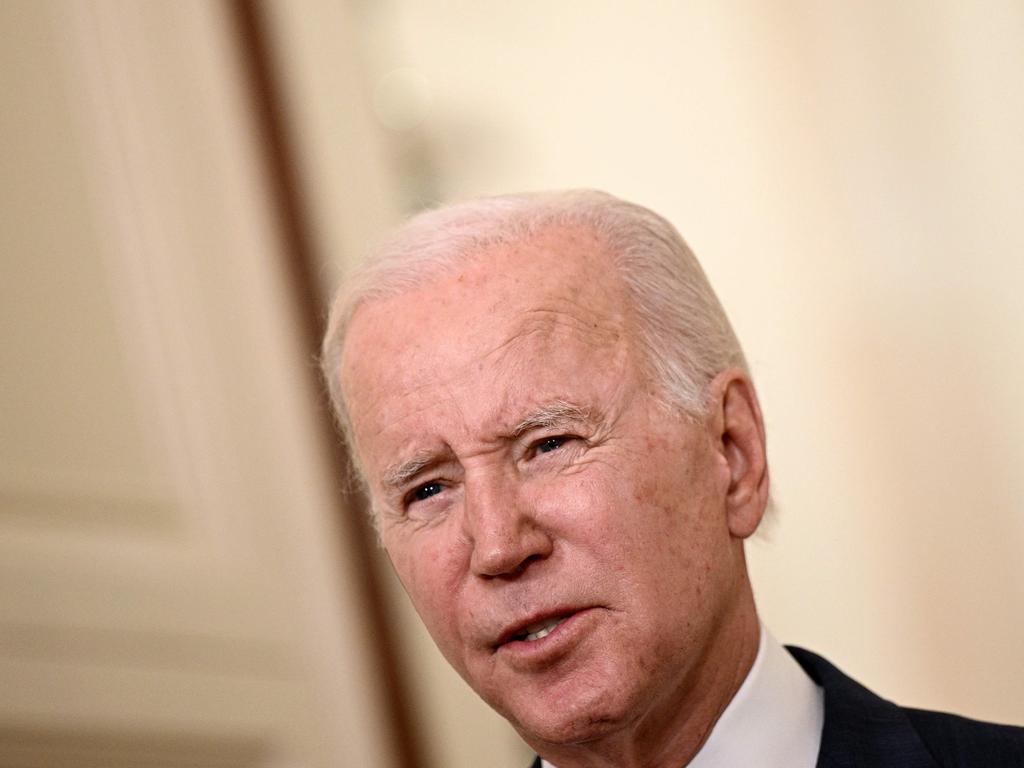
The US president said he did not “think there is any imminent attempt on the part of China to invade Taiwan”.
“I made it clear we want to see cross-Strait issues to be peacefully resolved and so it never has to come to that,” he said. “And I’m convinced that he understood what I was saying, I understood what he was saying. I absolutely believe there need not be a new Cold War.”
Speaking to Mr Blinken on Thursday, Mr Wang said the two sides should focus on translating the Bali consensus into concrete actions.
“It is necessary to step up consultations on the guiding principles of China-US relations, promote dialogue at all levels, and resolve specific issues between the two countries through joint working groups,” Mr Wang said, according to a Chinese Foreign Ministry statement on Friday.
In its brief readout of the call, the US State Department said Mr Blinken “discussed the need to maintain open lines of communication and responsibly manage the US-PRC relationship”.
“The Secretary also raised concerns about Russia’s war against Ukraine and the threats it poses to global security and economic stability,” spokesman Ned Price said. “They further discussed the current Covid-19 situation, and the Secretary underscored the importance of transparency for the international community.”
According to the Chinese side, Mr Wang stressed that China has “always stood by the side of peace and the purposes of the UN Charter”.
“Standing on the side of the international community to promote peace and talks, we will continue to play a constructive role in resolving the crisis in our own way,” Mr Wang told Mr Blinken.
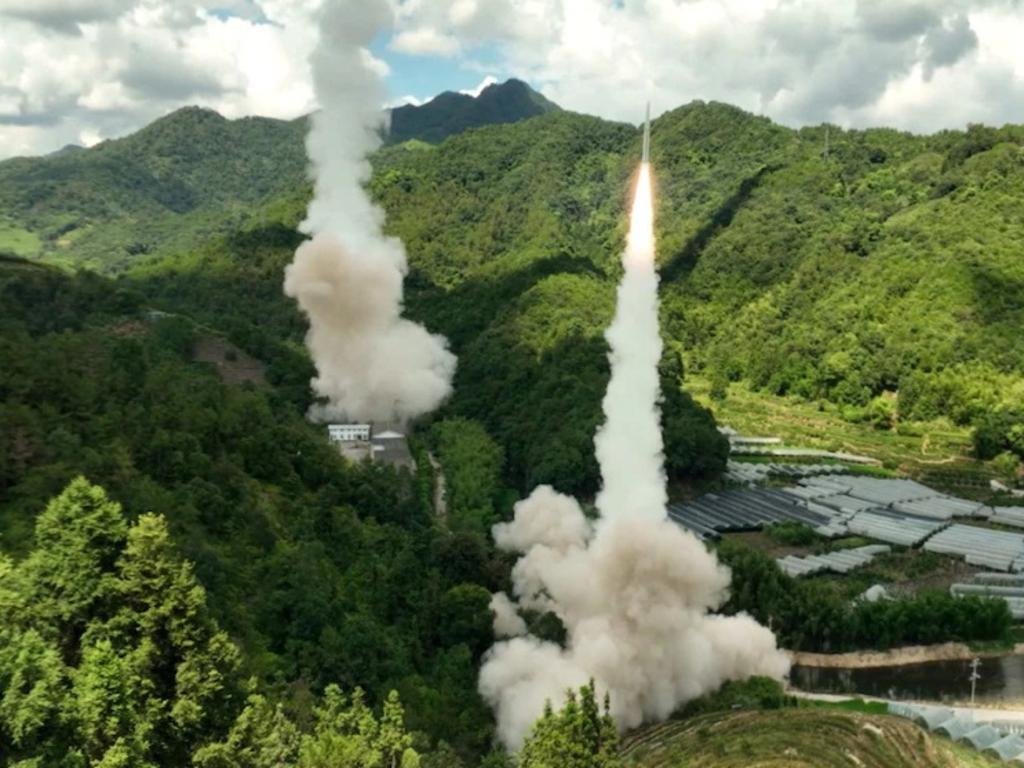
Russia joins China for naval drills
The conversation came as Russia’s army chief on Thursday called joint naval drills between Russian and Chinese warships a response to increasingly aggressive US military posturing in the Asia-Pacific region.
“This co-operation is a natural reaction to the aggressive build-up of US military potential in the region … The exercises we are conducting are in strict accordance with international law,” Valery Gerasimov said in a briefing.
Russia announced it was dispatching several warships to join war games between December 21 and 27 off the coast of China to strengthen naval co-operation.
“The purpose of these events is to increase the combat readiness of the troops and forces of the two countries and the ability to withstand new challenges and threats,” Mr Gerasimov said in a briefing with foreign military representatives.
The Defence Ministry said the exercises would include live fire drill with missiles and artillery and include practising measures to counter submarines.
“We are not going to create any alliances and new dividing lines in the region, like Washington has,” Mr Gerasimov added Thursday.
China and Russia have drawn closer in recent years as part of what they call a “no-limits” relationship acting as a counterweight to the global dominance of the United States.
Former Russian leader Dmitry Medvedev earlier this week travelled to China to meet with President Xi for talks that Medvedev said included international security and the conflict in Ukraine.
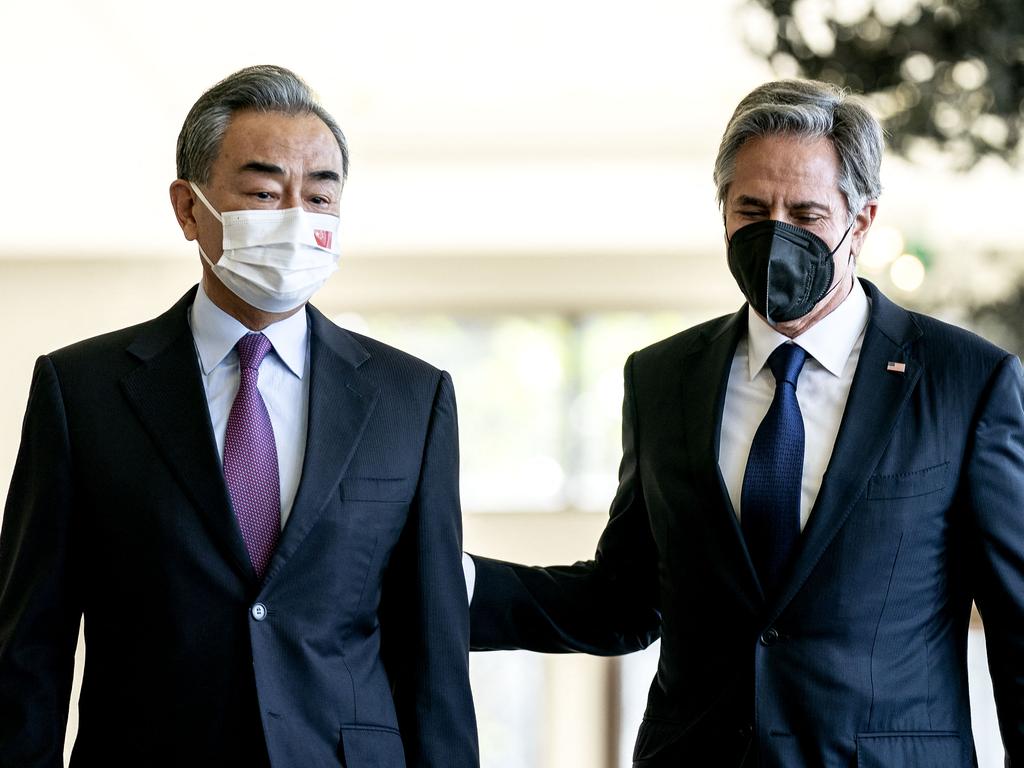
North Korea ratchets up tensions
Prior to the call with Mr Wang, Mr Blinken had stated he would seek China’s help in persuading North Korea to sit down for talks after Pyongyang’s slew of missile tests ratcheted up tensions.
Mr Blinken, who plans to visit Beijing in early 2023 in the first trip by the top US diplomat in more than four years, said he will discuss with China how to “try to convince North Korea to move in another direction”.
“We’ve said very clearly — and it remains the case — that we’re open to diplomacy without any preconditions. We remain committed to seeing the denuclearisation of the Korean Peninsula,” Mr Blinken told a news conference.
“Today North Korea is not engaged on that basis, but that remains a possibility, and I think China can play a role in helping to move things in that direction.”
Mr Blinken, however, stressed that the United States would “strongly enforce” sanctions on North Korea and work closely with allies Japan and South Korea on “defending against any aggression”.
North Korea counts on China as one of its only allies although experts are divided on how much influence Beijing holds over Kim Jong-un’s totalitarian regime.
Kim held three high-profile meetings with former president Donald Trump, managing to ease tensions but securing no lasting agreement.
North Korea has shown no interest in lower-level talks offered by President Biden’s administration and it recently tested another intercontinental ballistic missile that could hit the US mainland.



